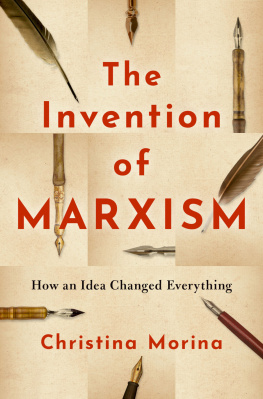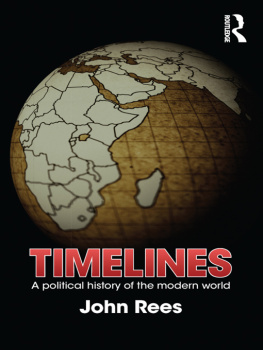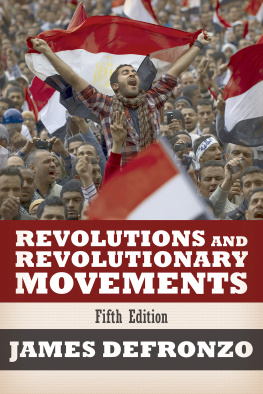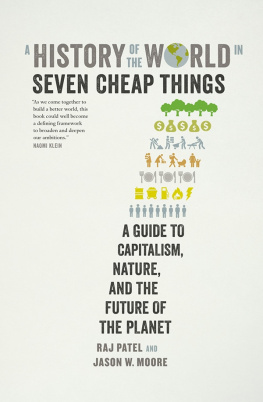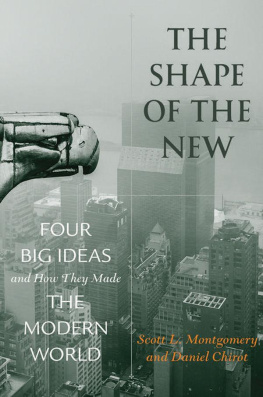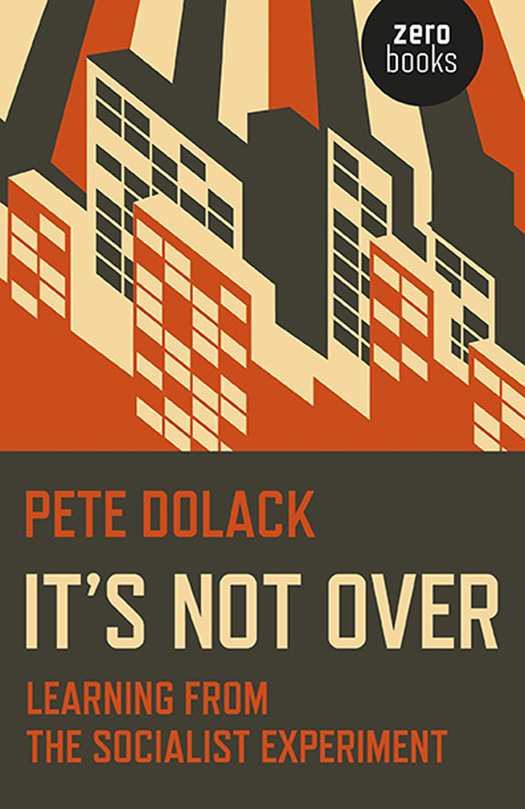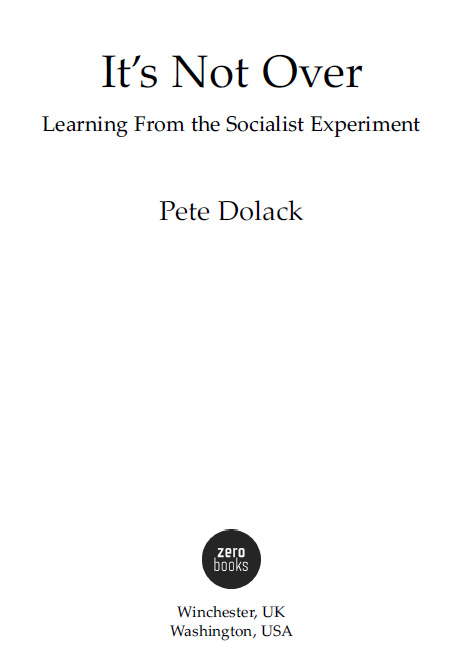First published by Zero Books, 2016
Zero Books is an imprint of John Hunt Publishing Ltd., Laurel House, Station Approach, Alresford, Hants, SO24 9JH, UK
www.johnhuntpublishing.com
www.zero-books.net
For distributor details and how to order please visit the Ordering section on our website.
Text copyright: Pete Dolack 2015
ISBN: 978 1 78535 049 8
Library of Congress Control Number: 2015935817
All rights reserved. Except for brief quotations in critical articles or reviews, no part of this book may be reproduced in any manner without prior written permission from the publishers.
The rights of Pete Dolack as author have been asserted in accordance with the Copyright, Designs and Patents Act 1988.
A CIP catalogue record for this book is available from the British Library.
Design: Stuart Davies
Printed and bound by CPI Group (UK) Ltd, Croydon, CR0 4YY, UK
We operate a distinctive and ethical publishing philosophy in all areas of our business, from our global network of authors to production and worldwide distribution.
CONTENTS
Chapter 1: Foundation for Isolation:
The Revolutionary Period of 191721
For Fran, with whom I have been fortunate to share a decades worth of adventure and struggle
Preface
This is a book about the future in which the first five of the six chapters are about the past. As enriching as studying history for its own sake can be, the book in your hands proposes to study history for the purpose of drawing lessons that can be applied not only to an understanding of todays world but toward finding a path to a better world tomorrow.
An understanding of today and finding a path to the future is impossible without an understanding of the past: Erasing the past is erasing the future.
The history presented in this book is a study of some of the attempts to create societies organized on a basis other than capitalism. Although other alternatives will be examined, the focus of attention must be given to the Soviet Union, the most powerful challenger to capitalism during the twentieth century. The Soviet Union did not prove to be an enduring alternative, and although such a system will not be replicated in the future that does not mean there is nothing to learn from a study of it.
Two decades have passed since the crumbling of the Soviet blocsurely enough time has passed to allow a sober study, based on the historical record, of the twentieth centurys socialist experiments. That history has been distorted by a feverish ideological campaign that has slackened only minimally since the Berlin Wall fell and capitalism was restored in the Soviet Union.
Shrill denunciations of evil will not provide us with an understanding of this history, and readers who expect yet another book of mockery and/or one-sided indictments can already find all the material they could want. Enough forests have been felled in the service of those agendas. But nor can we be satisfied with the no less unreflective idea that everything would have been fine but for the CIA, or MI6, destroying it. Even if it were true that Western interference had brought down the Soviet Union, we would still be confronted with asking what were the weaknesses that put it in such a state that it could be destroyed from outside. There is no way to avoid an unsparing look at the Soviet systemone that examines its foundation, its historical trajectory and its final years. And because it is more useful to examine multiple examples with disparate starting points, rather than a single example, similar examinations of the internal workings of Czechoslovakia and Nicaragua will be presented.
Nonetheless, we should not go so far as to suggest that there is no connection between the capitalist world and the world that called itself socialist. The larger capitalist countries had a profound effect on those countries attempting socialist experiments: Capitalist hands did try to strangle many a socialist baby in the crib, attempts at destruction that cant be disentangled from the complex of factors that deformed more than one revolution. The economic and cultural backwardness that Russia inherited from the Romanov dictatorship and Nicaragua inherited from the Somoza dictatorship would have been difficult enough to overcome without outside interference.
Socialism, in all its forms, is a direct response to the problems of capitalism. Any study of the 20th centurys experiments in supplanting capitalism is inextricably intertwined with the continual interrelationship among capitalist states, anti-capitalist movements and post-capitalist states. Inevitably, then, this is also a book about capitalism.
Separate, but at the same time connected, sets of psychological explanations have been invoked to explain the different outcomes of capitalist systems and systems that called themselves socialist. Perhaps the most frequently invoked is that of acquisitiveness. Simply put, an ideological underpinning of capitalism is that money and profit are the dominant, perhaps only, source of human motivation. But such an assertion, once we examine it a bit, is simply absurd: Does anyone expect a profit from having children? Humanity regularly does so nonetheless. Men, women and young people volunteer for unpaid work of all kinds, without which no society could function. Social volunteers give valuable time in countless ways, and nothing would change without the efforts of political activists, who generally also work without pay. Human beings possess a range of characteristics; although these characteristics are distributed quite unevenly, solidarity and cooperation are at least as much natural instincts as competition. Humanity wouldnt exist today without cooperation, the basis of the hunter-gatherer stage that is by far the longest segment of human history; nor would modern-day production be possible without workplace cooperation.
On balance, it is perhaps not going out on a limb to suggest that feelings of having a place in society, of believing you have a place in a state that works for your community, lead to greater social participation. Extremely rare is the state that does not claim to exist for all its citizens, but no state in practice has yet achieved thatall states have been governed on behalf of one or another social group. The creation of a state that would be a state of all citizens was a central goal of the revolutions studied in this book. An abstraction such as the state contains no inherent goodness or badness; it cannot be intrinsically sublime or evil. What type of states exist, the purpose for which states exist, who controls states, who is able to wield decisive influence in states and what reforms are or are not possible in states are fundamental questions that underlie any serious exploration of social, economic and political organization.
The set of questions in the preceding paragraph are central to the history studied in this book. A history that was shaped by flesh-and-blood human beingsleaders of movements and uncounted men and women in the streets and in the workplaces motivated by a desire to create a better world. That the results of uprisings as diverse as the October Revolution, the Prague Spring and the Sandinista Revolution did not meet the revolutionaries expectations is a tragedy that requires explanation, but does not require us to deem those revolutionaries as failures.
This books study of socialist experiments will focus on the men and women who made these revolutions by analyzing their words and actionswhy they acted the way they did, under what theories, guided by the speeches and writings they made at the time and in reflection later. Not simply the revolutions themselves, but the conditions that created those revolutions and the concrete results of those revolutions under the impact of internal and external pressures. These results cannot be limited to the decisions made by those thrust into leading political positions nor the personal fates of those leaders, but must include the everyday experiences of the millions of people who put new revolutionary ideas into practice and simultaneously were buffeted by the enormous internal and external forces acting upon them.


